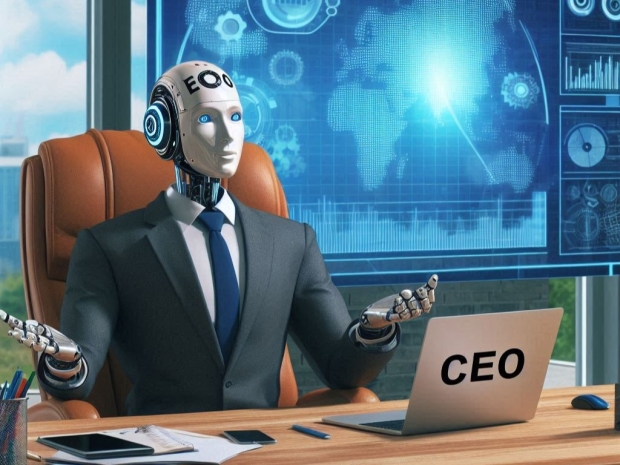These leaders typically evaluate new markets and identify trends and tasks that AI could handle more effectively. They often communicate with colleagues, a time-consuming process that's becoming automated through voice and image technology.
They also make tough choices, and machines excel at remaining neutral. This shift to AI could potentially free up their time for more strategic thinking and decision-making, empowering them to focus on high-level tasks that truly require their expertise.
The high salaries of these roles mean that replacing them with AI could lead to significant cost savings. Why spend $5 billion paying for Elon Musk when you could replace him with AI and a spaniel.
This isn't mere speculation. Some forward-thinking companies are already testing the idea of AI in leadership roles, paving the way for a future where AI and human leadership can coexist harmoniously.
For instance, the Chinese gaming company NetDragon Websoft, with a workforce of 5,000, and the premium Polish rum brand Dictador have both implemented AI in their leadership structures, demonstrating the feasibility and potential benefits of such a transition.
Many CEOs appear resigned to the idea of AI taking over their roles. EdX, an online learning platform founded by Harvard and M.I.T. and now part of 2U Inc., conducted a survey and found that nearly half of the executives questioned believe that AI should automate their duties.
The pandemic has made people more accustomed to this concept. Since 2020, many employees have worked remotely, so interactions with colleagues and bosses are often digital.
A cynic might say that desperate moves by companies to get workers back into the office might have something to do with senior managers trying to justify their importance to a company,
Interacting with an AI without a human behind it is a small leap. Phoebe Moore, a professor at the University of Essex Business School, notes that while some miss the social interaction of a human boss, others are comfortable without one post-Covid, showcasing the adaptability and resilience of employees in the face of technological advancements.

